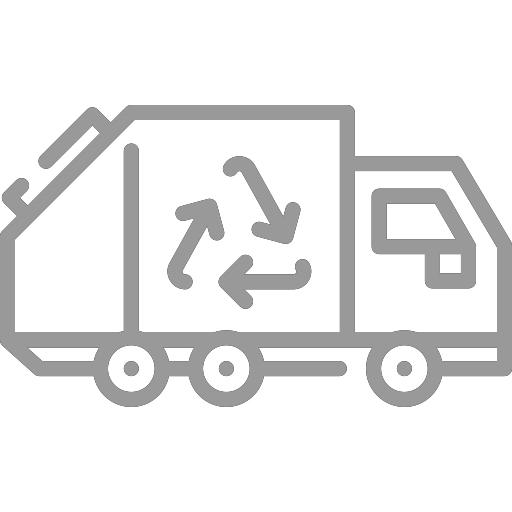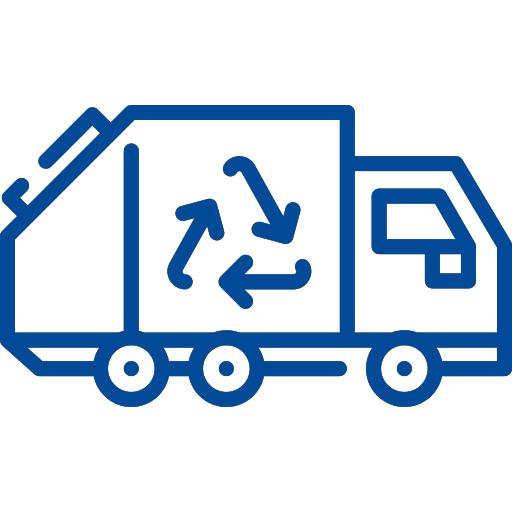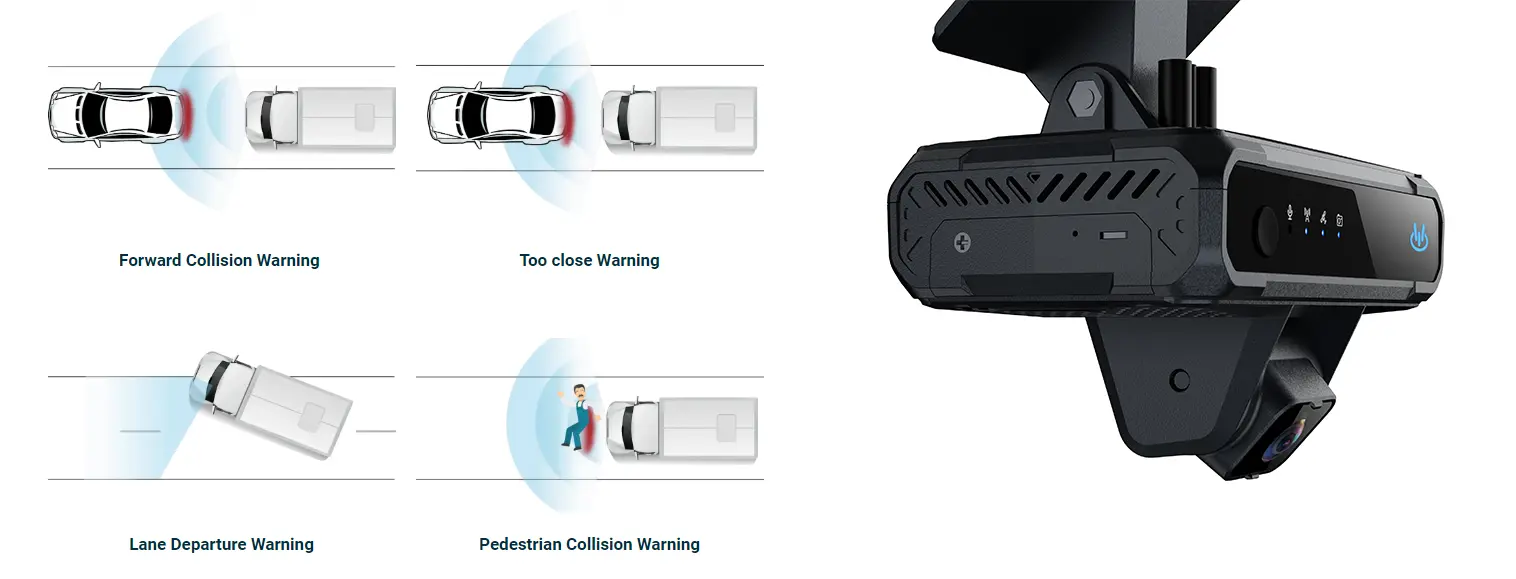Affordable Vehicle Tracking and Fleet Management Solutions
Affordable Vehicle Tracking and Fleet Management Solution
Implementing fleet management solutions is a key strategy to improve road safety. These solutions monitor and manage various aspects of fleet operations, including vehicle maintenance and driver behavior. The efficiency of fleet operations is directly linked to vehicle and driver safety. As the demand for transportation services grows, the incidence of fleet-related accidents becomes a serious concern, impacting both lives and businesses.

Accident Rates and Their Impact on Commercial Fleets
Commercial fleet accident rates are around 20%, with some industries facing higher rates. Long driver mileage is a common cause. The National Highway Traffic Safety Administration (NHTSA) reported a 7% increase in traffic fatalities, with freight-related deaths up 30.1% from a decade ago. Fleet management solutions, using real-time data and analytics, aim to reduce these risks and ensure safer operations.
Understanding Fleet Management Solutions
Fleet management optimizes various aspects of a company’s transport fleet to reduce risks and improve efficiency. Key components include:
1. Vehicle Tracking: Real-time GPS data optimizes routes and responds to accidents.
2. Maintenance Management: Predictive analytics forecast vehicle repairs, reducing breakdowns.
3. Driver Management: Monitors driver performance and ensures regulatory compliance.
4. Safety Management: Tracks speed and driver behavior to improve safety.
5. Compliance: Ensures adherence to legal and company standards.
6. Fuel Management: Analyzes fuel consumption to improve efficiency and reduce costs.
Modern technologies like GPS and IoT have transformed fleet management, enabling proactive safety and operational efficiency.
The Role of Fleet Management in Road Safety
Fleet management solutions positively impact road safety by addressing driver behavior and vehicle maintenance. Case studies show these systems can significantly reduce accidents and improve efficiency:
Case Study #1: A private fleet in Illinois saw a 52% drop in accidents per driver after adopting a driver management platform, even with a 59% increase in drivers.
Case Study #2: Adapt Integrated Health Care in Oregon improved operations and reduced vehicle requirements by 55% after implementing fleet management software.
Case Study #3: Stamford, Connecticut, reduced its fleet size and saved $560,000 in two years by implementing a vehicle-sharing policy and GPS tracking, improving maintenance and driver accountability.
Fleet Management Features that Enhance Safety
1. Real-Time Vehicle Tracking: GPS tracks vehicles, optimizing routes and improving safety.
2. Predictive Maintenance: Predicts and prevents potential vehicle failures, reducing accident risks.
3. Driver Behavior Monitoring: Tracks driving habits and helps train drivers for safer practices.
4. Telematics Systems: Integrates vehicle diagnostics and driver data, preventing accidents.
5. Regulatory Compliance: Tracks maintenance and driving hours, ensuring adherence to road safety regulations.
Implementing Fleet Management for Safety
Before adopting fleet management solutions, businesses should:
- Assess Needs: Review current systems and identify improvement areas.
- Choose the Right Solution: Select a solution that aligns with fleet goals and size.
- System Integration: Integrate the solution seamlessly with existing systems.
- Data Migration: Transfer and configure relevant data for efficient operations.
- Staff Training: Develop and deliver training programs to ensure effective use of the system.
Challenges and Considerations
1. Privacy Issues with Driver Monitoring: Companies must comply with privacy laws and protect driver data while ensuring transparency.
2. Cost vs. ROI for SMEs: Small businesses should weigh initial investment against long-term savings, with scalable solutions offering a balanced approach.
3. Resistance to Technology: Overcome resistance by clearly communicating benefits and providing hands-on training and support.
The Future of Fleet Safety: Emerging Trends
The future of fleet safety will be shaped by AI, machine learning, autonomous vehicles, and IoT integration, offering better risk assessments, automatic responses to hazards, and improved safety features.
Final Thoughts
Fleet management is crucial for reducing road accidents. With the right technology, training, and data analysis, these solutions can improve safety and business efficiency, offering both operational and economic benefits. Now is the time to invest in these solutions for safer roads and better operations.

















































